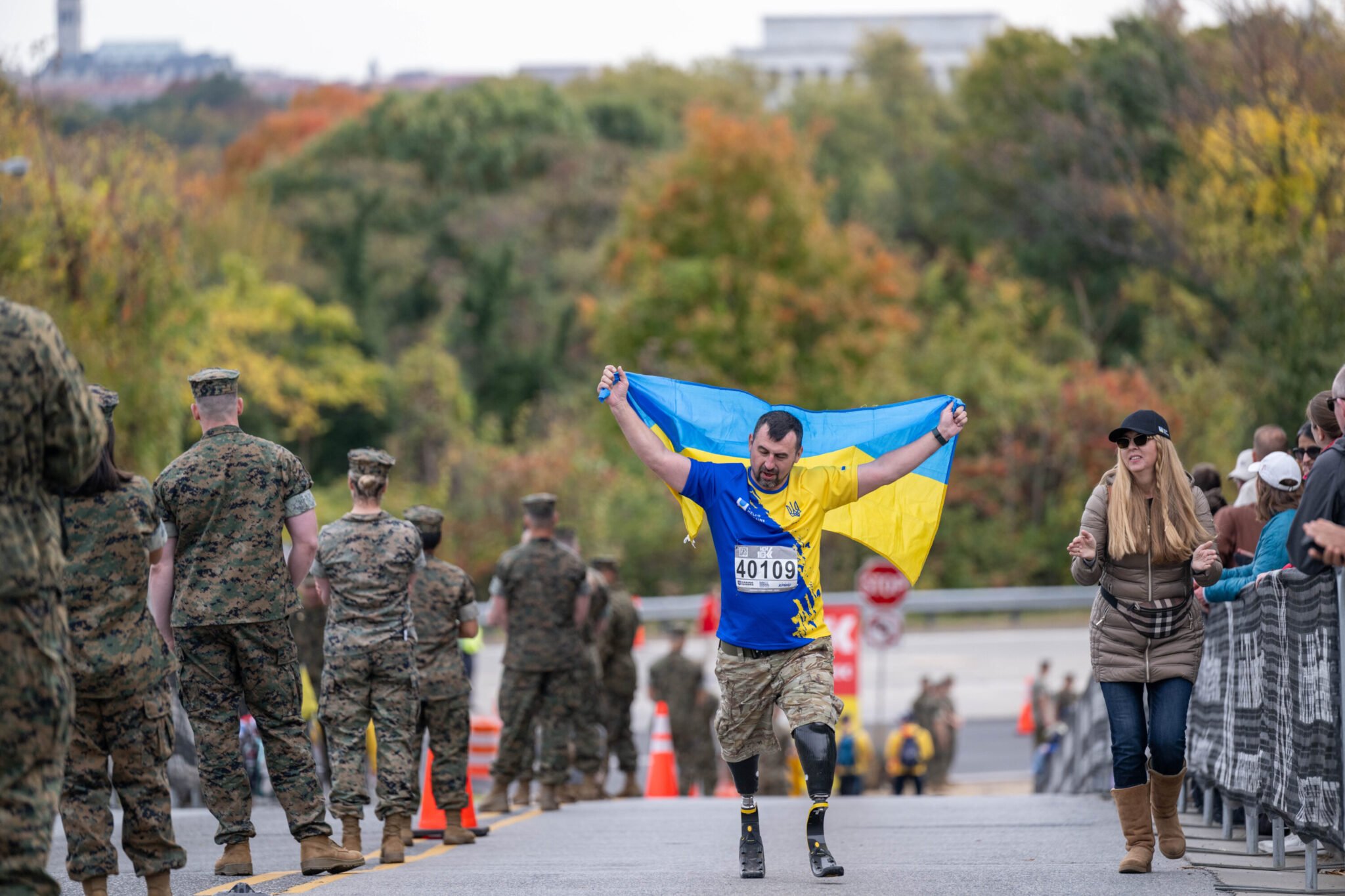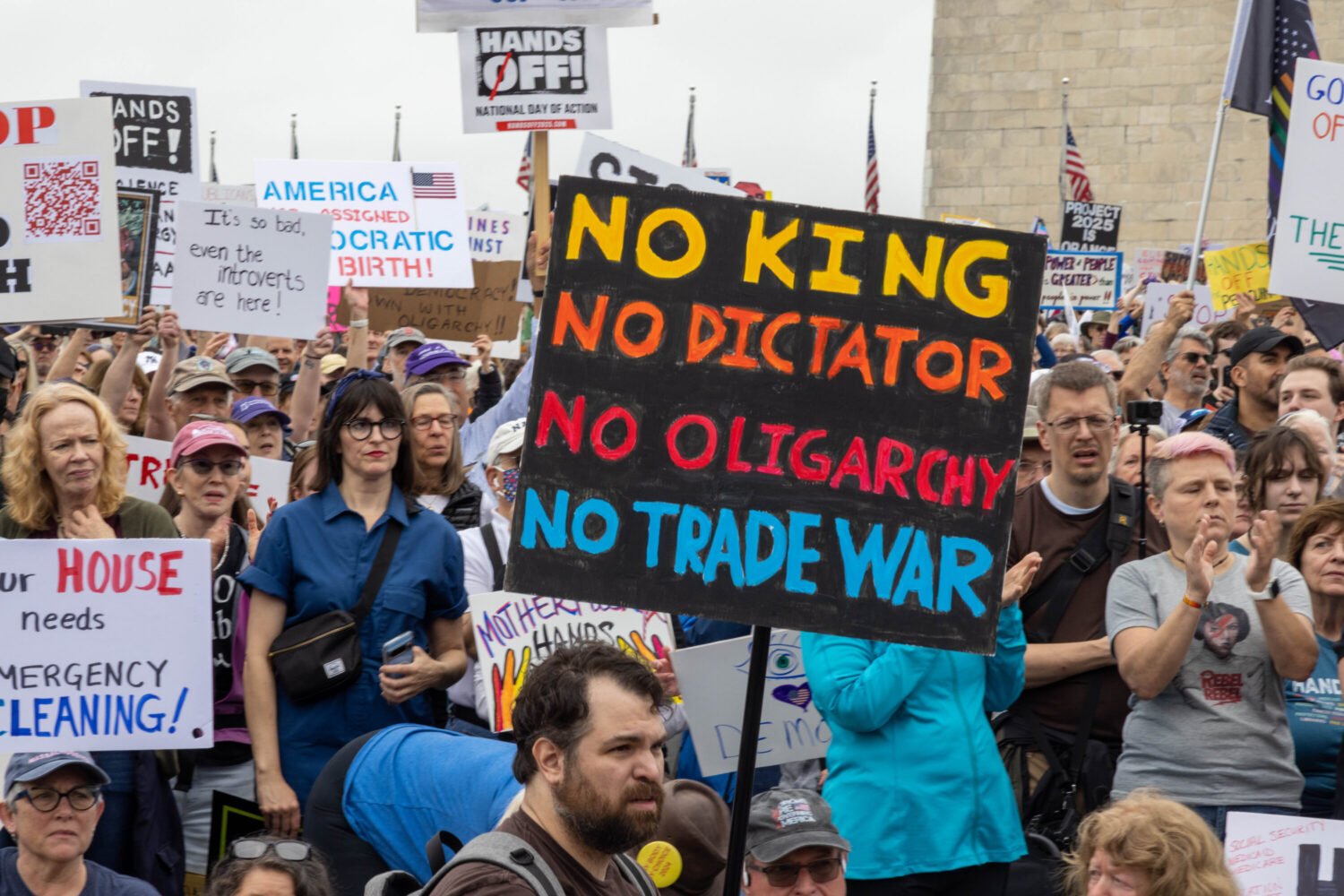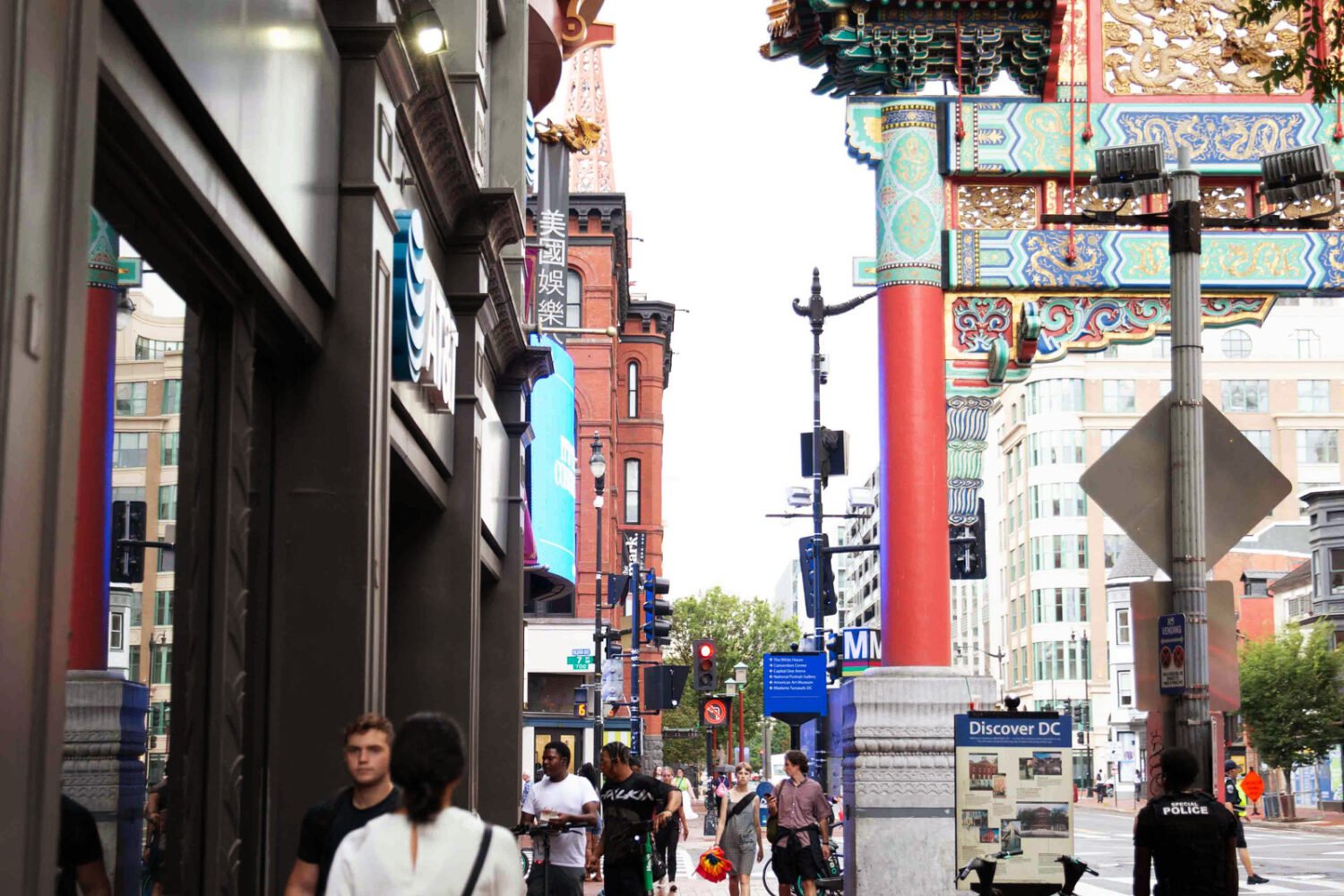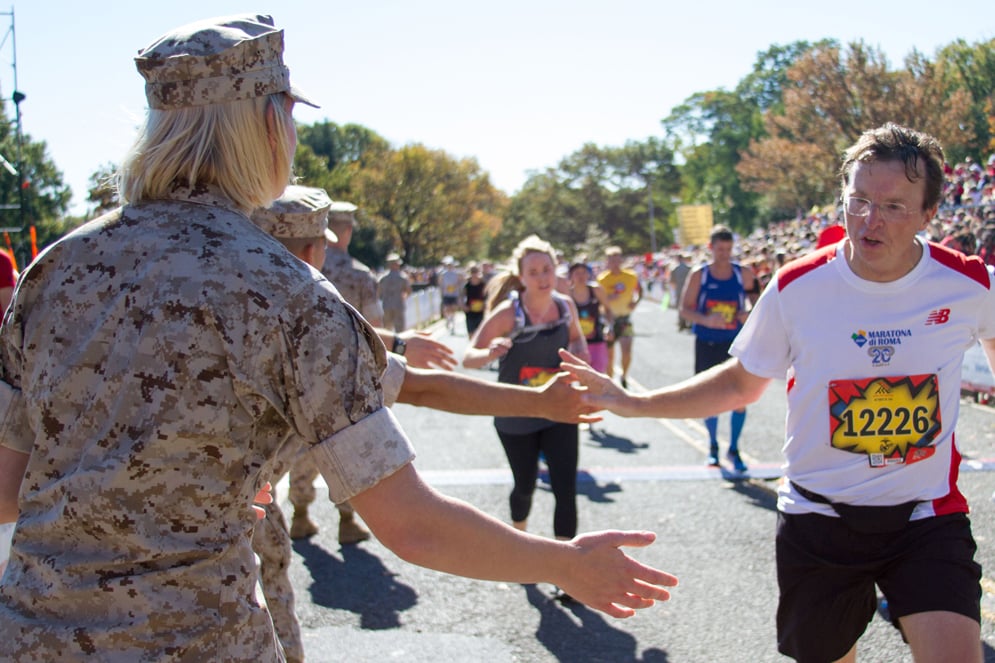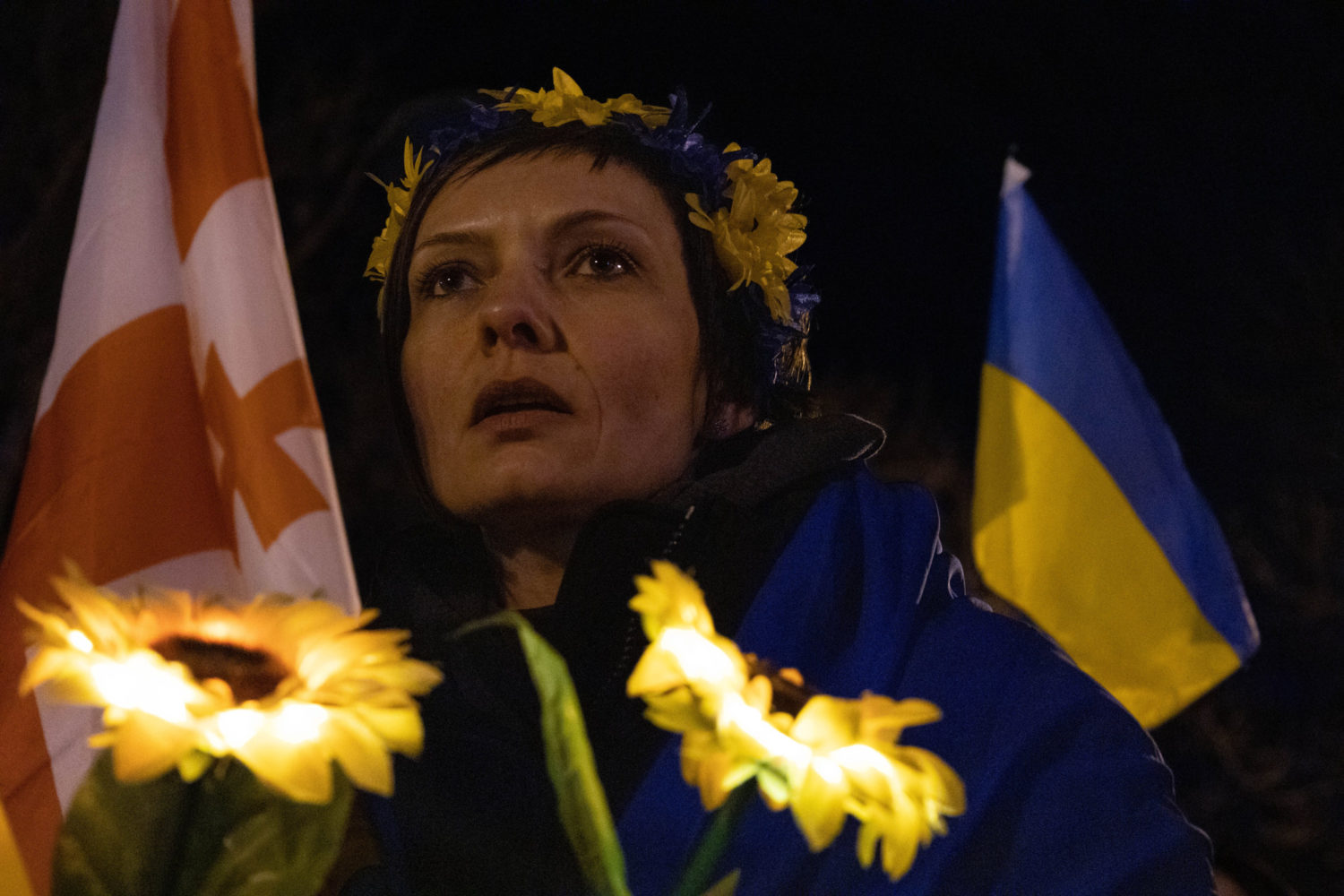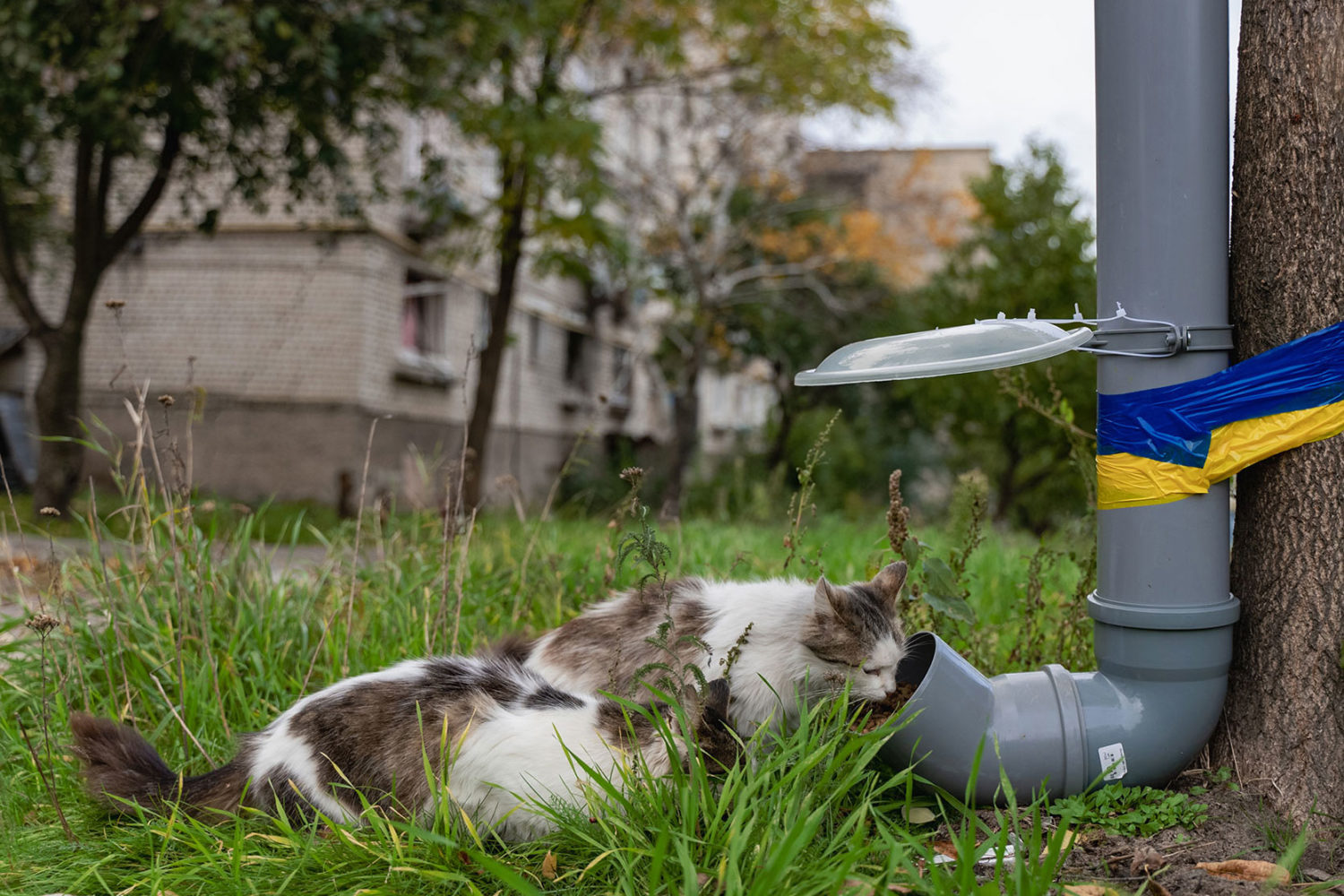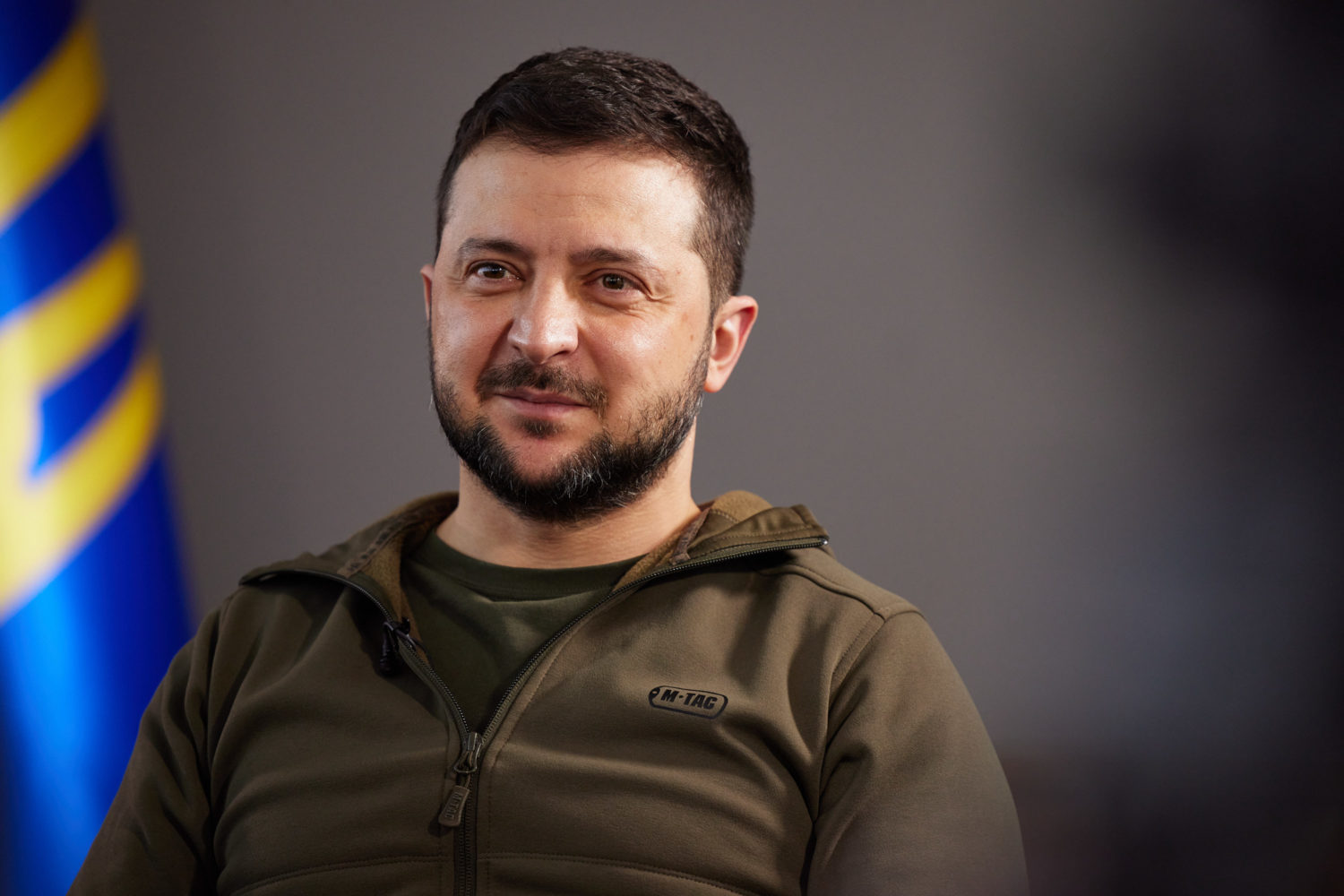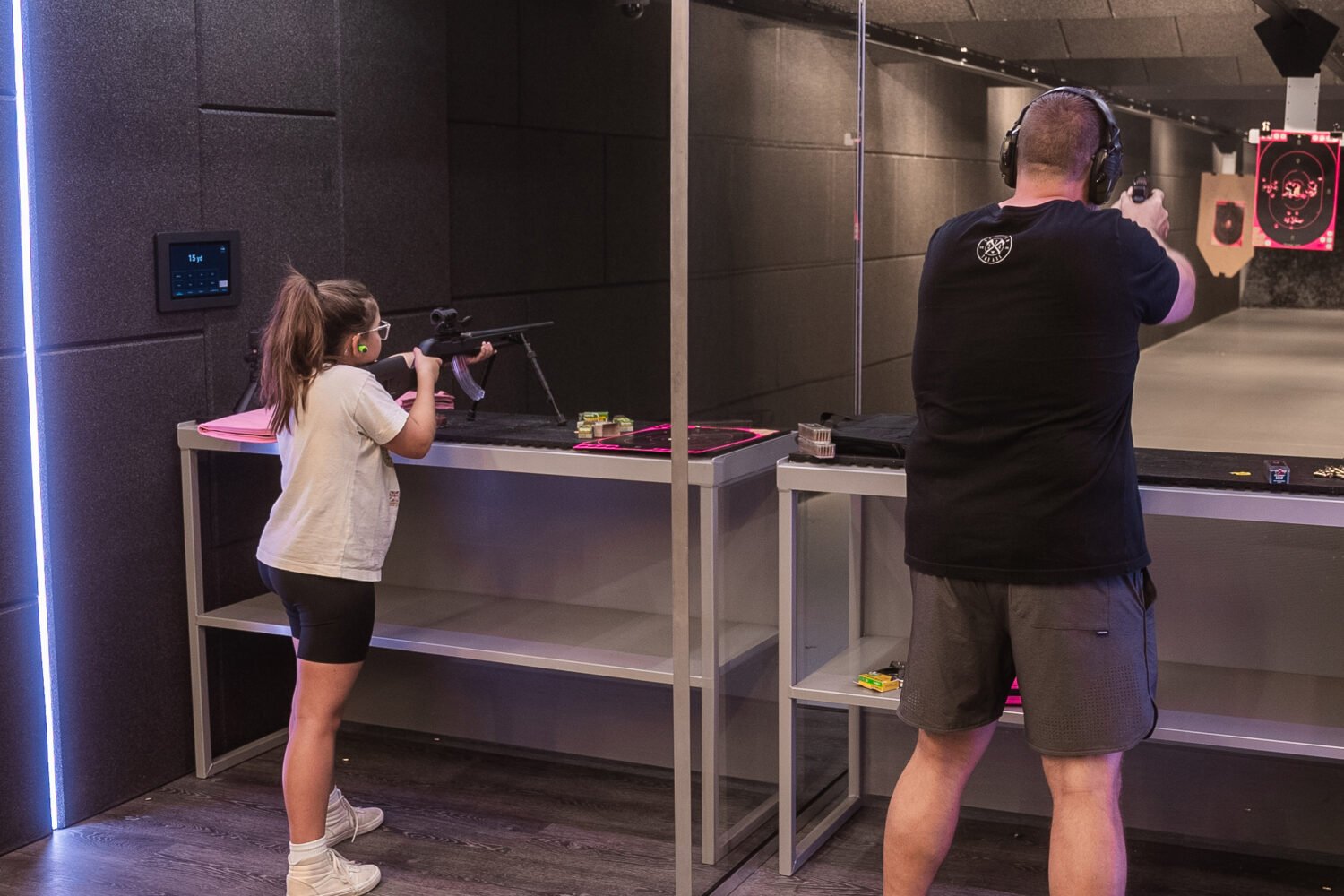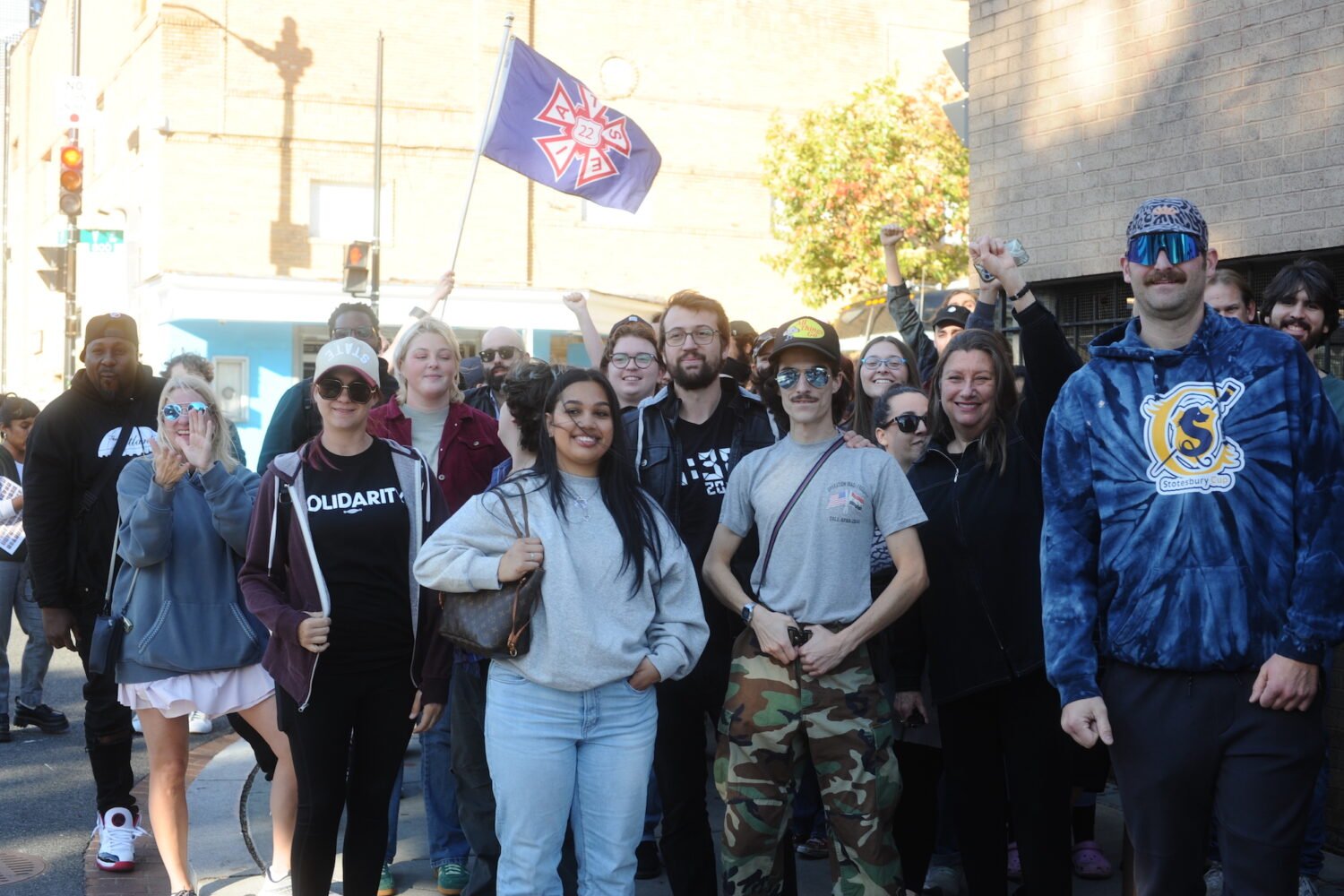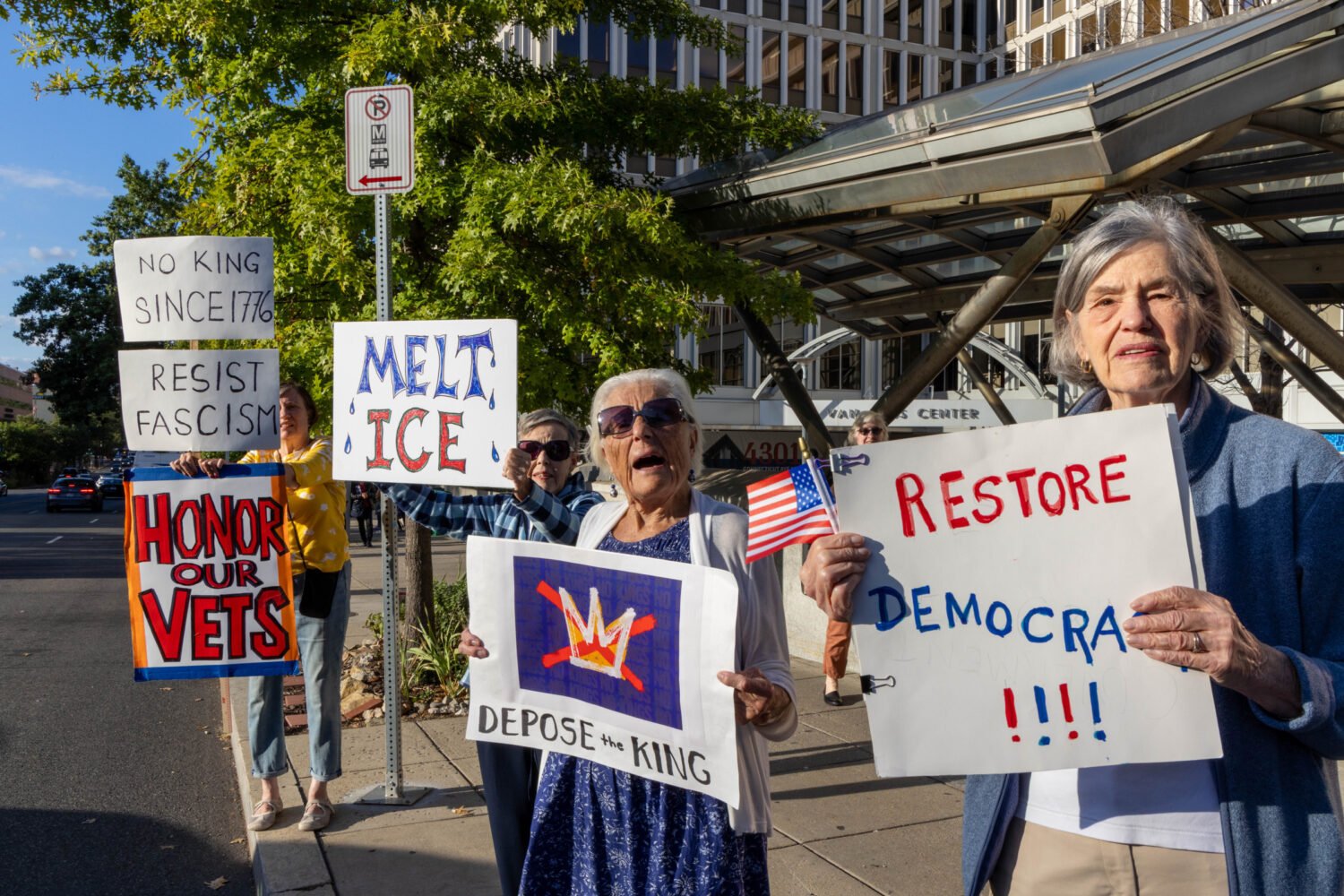Despite the government shutdown, it looks like the 50th Marine Corps Marathon will take place this weekend. Among the estimated 40,000 people registered for the 26.2-mile course are a group of six wounded, active-duty Ukrainian soldiers on a mission. Led by Major General (retired) Volodymyr Havrylov, a former Deputy Minister of Defense in Ukraine, the men will run in honor of fellow soldiers back home—and to raise money for the cause.
Havrylov has been organizing small groups of Ukrainian service members to run in the Marine Corps Marathon since 2016. After conflict between Ukraine and Russia began in 2014, he visited severely wounded Ukrainian soldiers at Walter Reed National Military Medical Center, where they were receiving prosthetics and rehabilitation. The men had completed the program, but, Havrylov says “we didn’t know what to do” to support the veterans as they re-entered civilian life as amputees. He says that an American military nonprofit, the Allied Forces Foundation, pointed him toward the Marine Corps Marathon as a way to help injured Ukrainian soldiers.
“It was a team of only four people, amputees,” he says of that first 2016 group, which ran a shorter, 6.2-mile option, “but they demonstrated very great spirit and strength. They finished, and most importantly, after that, they became very active in their lives.”
He has run the marathon with Ukrainian soldiers ever since. Inspired by this success, in 2019 he founded the Veterans Dozen Foundation to assist wounded Ukrainian war vets in their physical and psychological recovery by training them in sports competitions. The nonprofit adjusted its focus to active-duty service members after Russia invaded Ukraine in 2022.
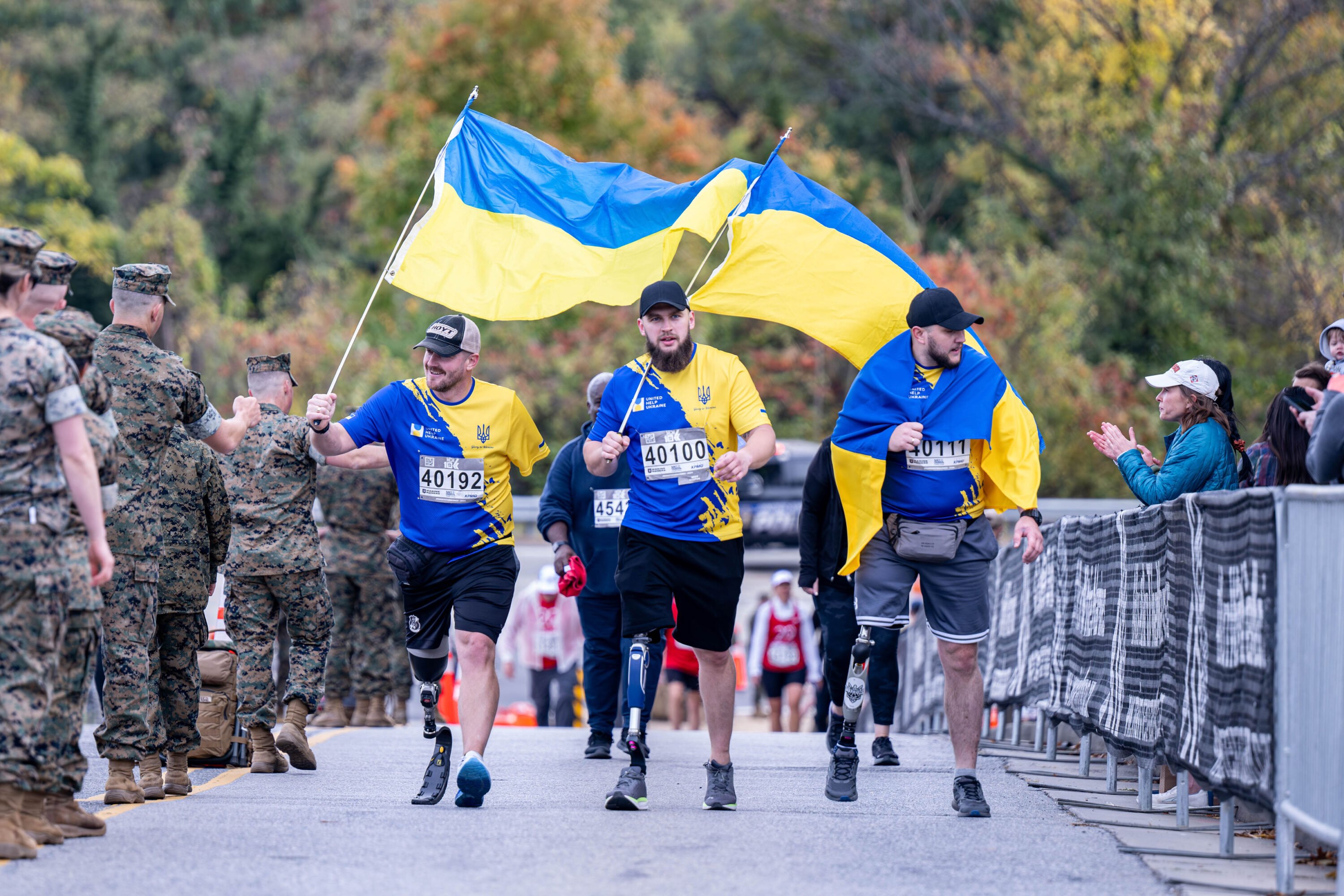
The Marine Corps Marathon, which is known as “The People’s Marathon” for its lack of prize money, previously offered a 6.2-mile, or 10K, competition for runners better suited to shorter distances. This year, the marathon organizers will hold the 6.2-mile run virtually. This year, no member of Team Ukraine is a leg amputee because the 26.2-mile distance is too great. Instead, this year’s runners, Havrylov says, have post-traumatic stress disorder or wounds caused by bullets, shrapnel, or mines.
Havrylov receives recommendations for potential marathon runners from military commanders across Ukraine, and the men return to service with their squadrons after the race. The soldiers were strangers to each other and to Havrylov when they met in Kyiv the week of the marathon, but they bonded during the journey to the United States.*
United Help Ukraine, a DC nonprofit, covers the soldiers’ transportation and accommodations, and cheers on the runners with volunteers waving blue and yellow Ukrainian flags at the finish line.
“What’s important when we talk about the MCM, as part of our raising awareness here in the US, our goal is to really show American veterans and the American public how courageous, how resilient Ukrainian defenders are,” says Maryna Baydyuk, United Help Ukraine’s president and executive director.
She recalls a Ukrainian soldier they sponsored last year, with two prosthetic limbs, who was in tears because the 10K was painful for him. When he found out he’d be disqualified if he sat down, Baydyuk remembers him saying, “Then I’m going to walk to the finish line.”
Besides their own rehabilitation and personal goals, the Ukrainian soldiers on this year’s team have another reason to run the marathon. Their team of six runners was originally a team of seven. One soldier chosen for the marathon this year was killed in action.
“We will run to his memory,” Havrylov says.
* Correction: this article previously stated the soldiers met in an airport in the United States.

